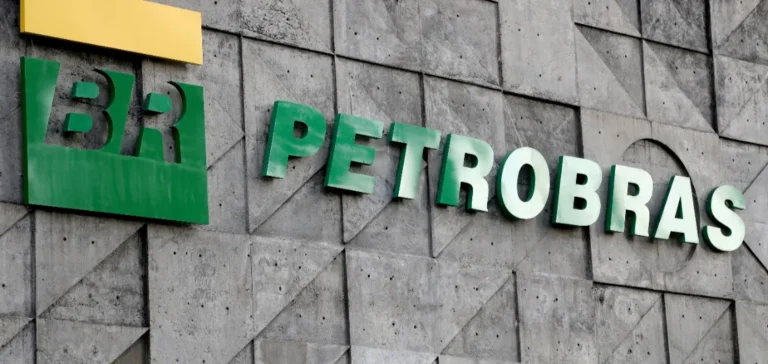Brazilian state-owned oil company Petróleo Brasileiro S.A. (Petrobras) posted a net profit of $6 billion for the third quarter of the year, slightly higher than the $5.9 billion recorded during the same period in 2024. This performance came amid falling global oil prices, offset by significant increases in production and exports.
Significant increase in production volume
According to published figures, Petrobras’ total production, including oil and natural gas, rose by 17% year-on-year to reach 3.14 million barrels of oil equivalent per day. Oil production alone exceeded 2.5 million barrels per day, a level that helped stabilise revenue despite unfavourable market conditions.
The company’s revenue slightly increased by 0.5%, reaching $23.48 billion over the period from July to September. Chief Financial Officer Fernando Melgarejo stated in the report that the production ramp-up helped mitigate the impact of lower prices.
Historic record for oil exports
Crude oil exports reached 814,000 barrels per day, a record level for the company. This performance contributed to sustaining Petrobras’ external revenues in a complex geopolitical context and under tariff pressure on international markets.
Petrobras notably avoided the additional tariffs imposed by the United States in August on several products originating from Brazil. This exemption allowed the continuation of export flows to the North American market without affecting commercial margins.
Controversial offshore operations expansion
In October, Petrobras began deepwater drilling operations approximately 500 kilometres from the mouth of the Amazon River. The project, located in a region contested by several environmental organisations, is supported by Brazilian authorities, including President Luiz Inacio Lula da Silva.
Critics argue that these new activities illustrate a contradiction in Lula’s policy between stated climate ambitions and oil sector expansion. The Brazilian president, however, claims that revenue from the oil industry can support investments in energy transition.






















